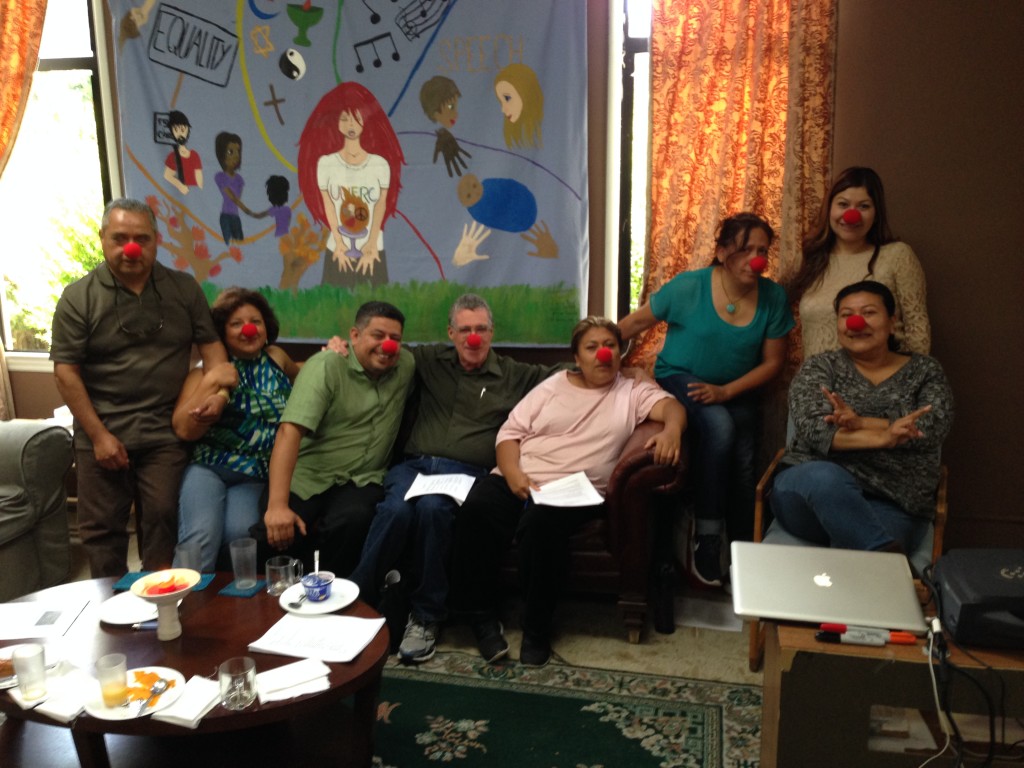Berenice (not her real name) is a young woman from Honduras with two young children. The father of her U.S.-citizen children is currently in a deportation process, living in a detention center and awaiting bail.
This is how the stress on the family escalates. The dad is the family breadwinner, and Berenice has to vacate their San Jose apartment because she can’t pay the rent. She found temporary shelter with friends and at a Baptist Church, both in San Francisco. Her daughter has been ill—and although Medi-Cal will help in San Francisco, her support system is in San Jose. If she can connect with beds in the San Jose shelter system, she’s been told that she’ll have to seek medical care in San Francisco. Can that be right?
This is what we learn when we accompany people. Imagine what it’s like to try to navigate the system when you don’t speak the language or understand the culture. In a case like this, it might be a simple matter of processing a change of address—we’ll see. Nevertheless, professionals will disagree about how the system works, or which agency we should contact next. We will be put on hold. Understaffed agencies will not return our calls. We will sort through conflicting claims. In some cases, the very legitimacy or sincerity of our quest for a solution will be called into question.

Why would anyone volunteer to grapple with situations like Berenice’s? Because she is a human being, and her kids are ours. Because it’s a huge risk to ignore such a significant part of ourselves. Because we learn things we need to know, and become better people. Because when you begin to comprehend the astonishing implications of our interdependence, it’s the right thing to do.
Because of Fools Mission, Berenice will have an established citizen at her side to accompany her on this journey. We can’t resolve the mess (certainly not for everyone). What we can do is make a difference—one relationship at a time—even when all we have to offer is supportive companionship. At the end of the day, we can go home to a glass of wine and our privileges, knowing that we did something to shift the needle of our own awareness and create justice for someone whose name we know. As Cornell West says, “Justice is what love looks like in public.”